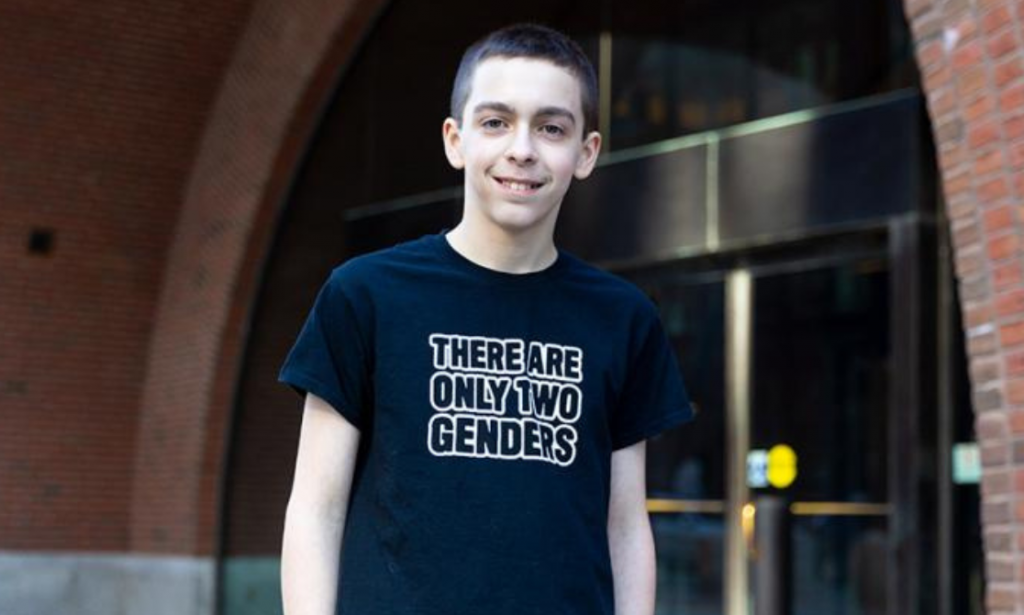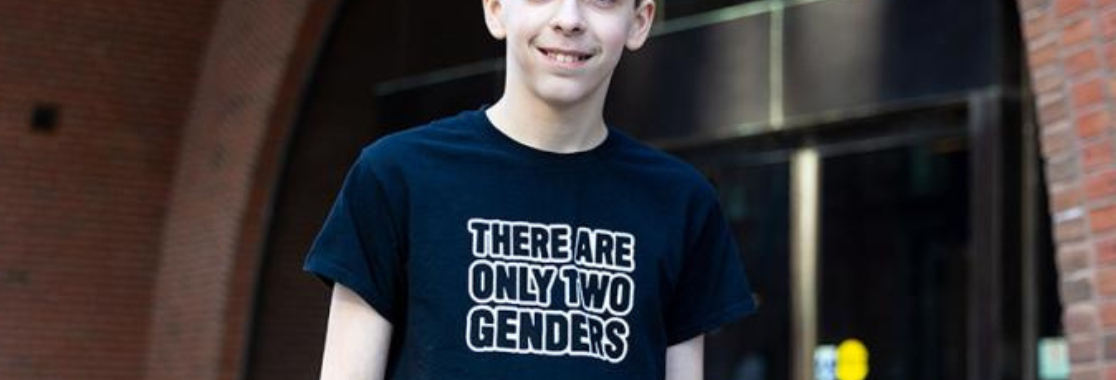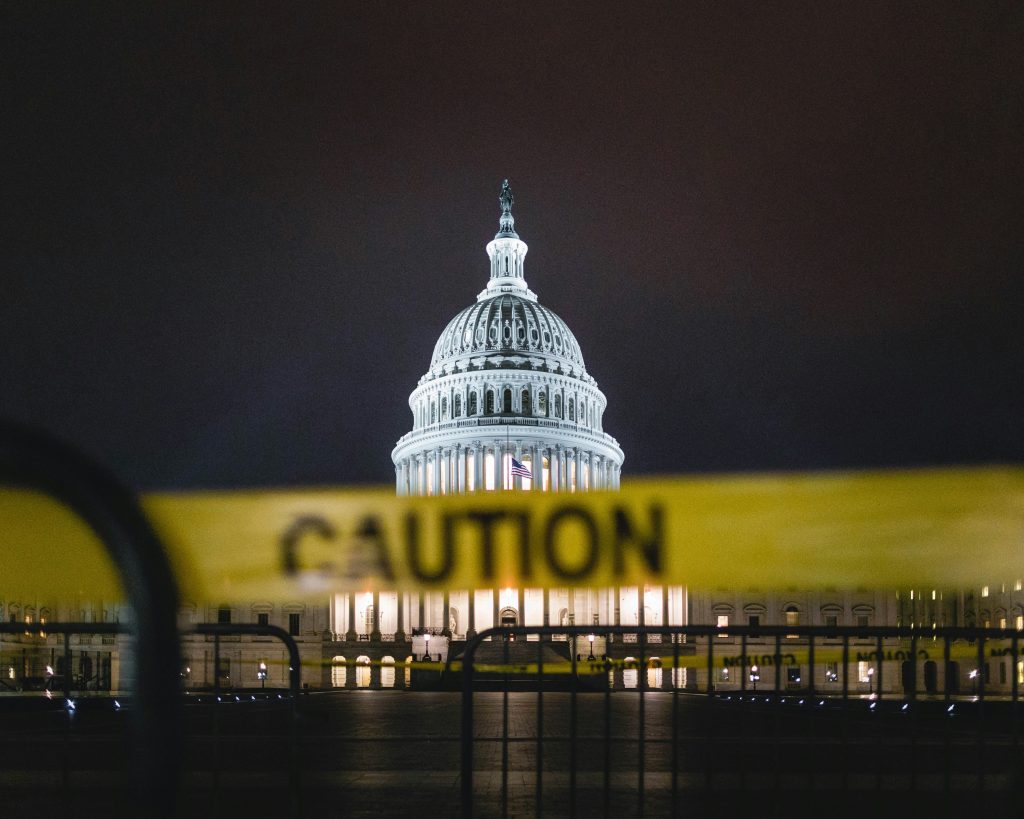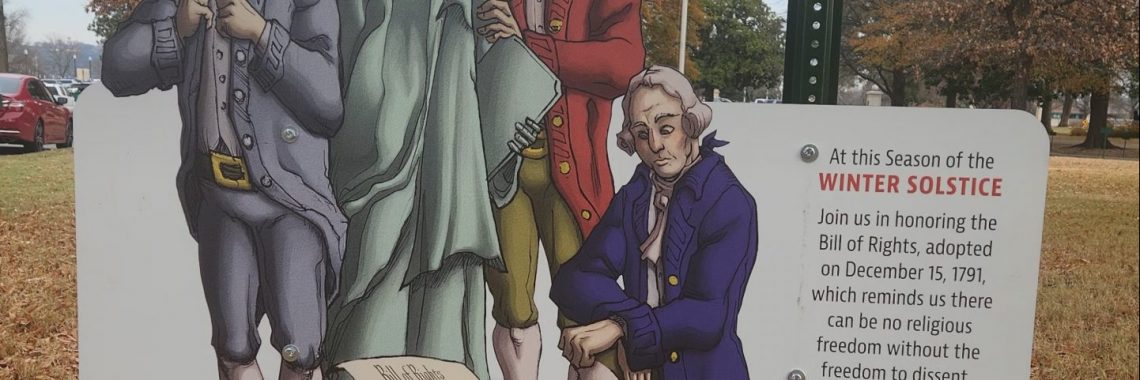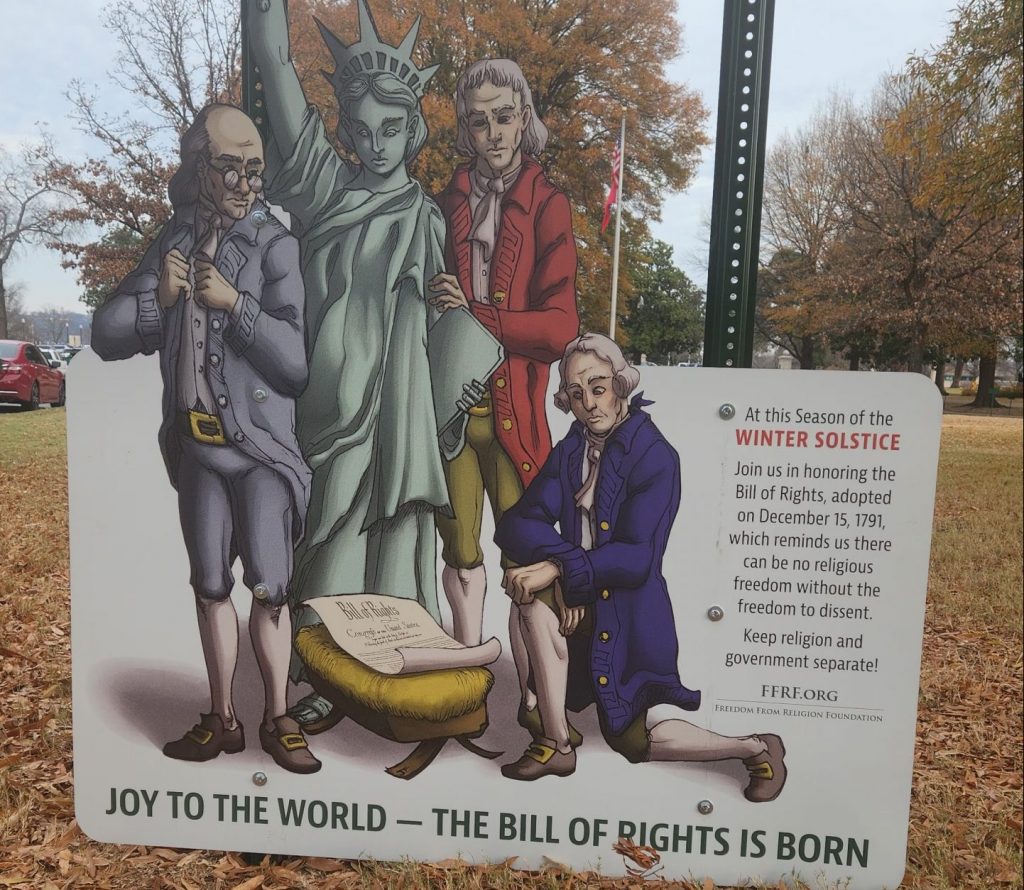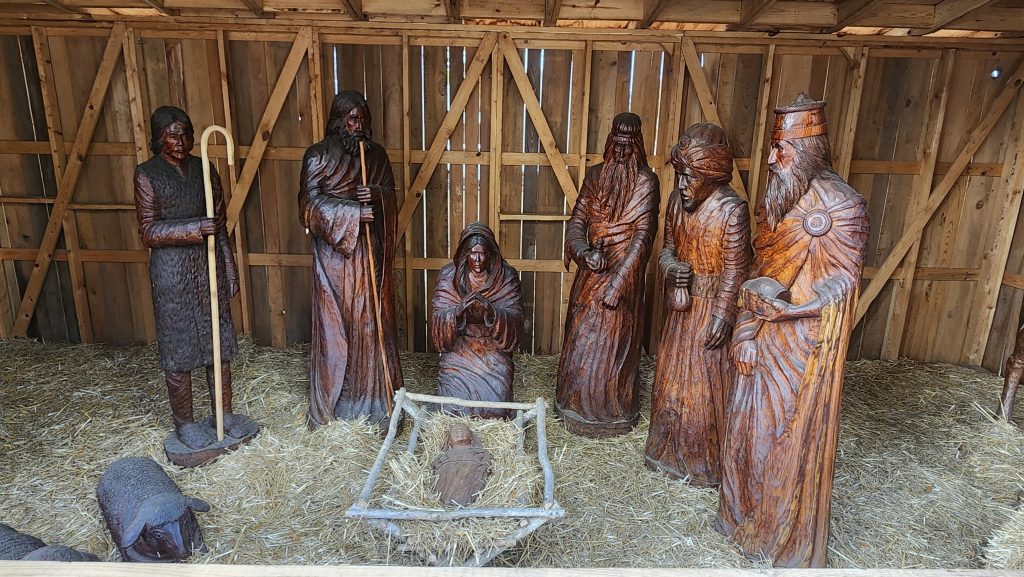A congressional committee is alleging the federal government pressured banks to flag purchases of religious texts, sporting goods, and political material.
On Wednesday Congressman Jim Jordan (R — Ohio), chairman of the House Judiciary Committee and the Select Subcommittee on the Weaponization of the Federal Government, sent a letter to Noah Bishoff, the former director of an office in the U.S. Treasury Department’s Financial Crimes Enforcement Network.
Evidence presented in the letter suggests the U.S. Treasury Department’s Financial Crimes Enforcement Network provided banks and other financial institutions with guiding “typologies” — patterns that could be used to identify suspicious people or activities.
According to the letter, the federal government gave banks search terms that could help flag certain transactions. These search terms and patterns included words like “TRUMP” and “MAGA”, as well as behaviors like booking travel for unclear purposes or buying “books (including religious texts) and subscriptions to other media containing extremist views.”
All of this suggests that the U.S. Treasury Department’s Financial Crimes Enforcement Network encouraged banks to search their customer transactions for these signs as a way of policing political and religious activity.
The letter also expresses concern that banks were encouraged to use Merchant Category Codes (MCCs) to look for terms like, “Bass Pro Shops,” “Cabela’s,” and “Dick’s Sporting Goods” when carrying out “Active Shooter Detection.” Despite these purchases being legal, it seems the federal government treated them as indicators of a potential threat.
Although this congressional committee letter does not get into banking practices, other outlets have reported in the past how government policies allegedly encourage banks to designate conservative organizations as posing a “high risk” or “reputational risk” — giving the banks an excuse to close their accounts.
In 2021 Family Council’s credit card processor terminated its account after designating our organization as “high risk.”
At 10:29 AM on Wednesday, July 7, 2021, our office received a terse email from our credit card processor — a company owned by JPMorgan Chase — saying, “Unfortunately, we can no longer support your business. We wish you all the luck in the future, and hope that you find a processor that better fits your payment processing needs.”
Within sixty seconds, our account was terminated and and Family Council could no longer accept donations online. All we can do is speculate that our conservative principles and our public policy work might have had something to do with the decision to close our account.
Unfortunately, other organizations have had similar experiences as well.
You Can Read Congressman Jim Jordan’s Letter Here.
Articles appearing on this website are written with the aid of Family Council’s researchers and writers.
READ MORE
